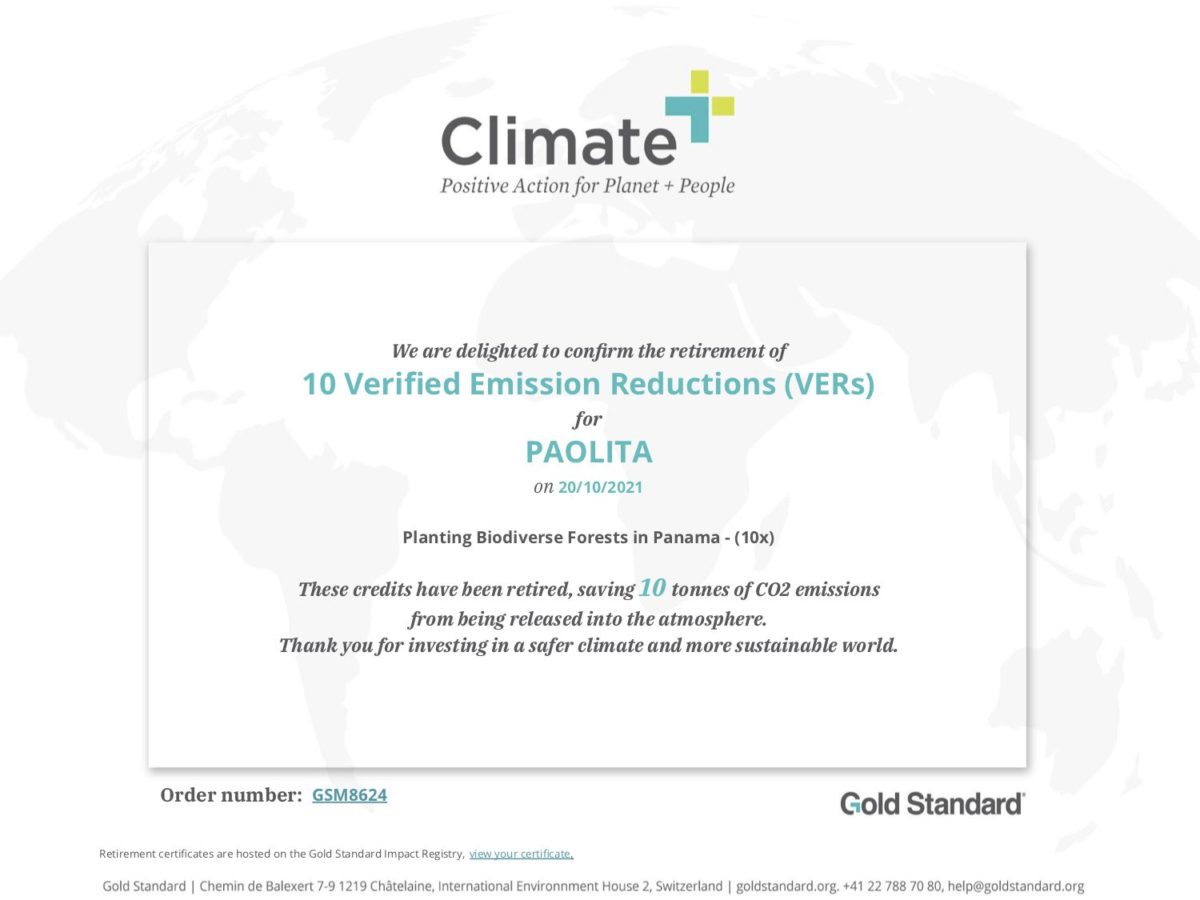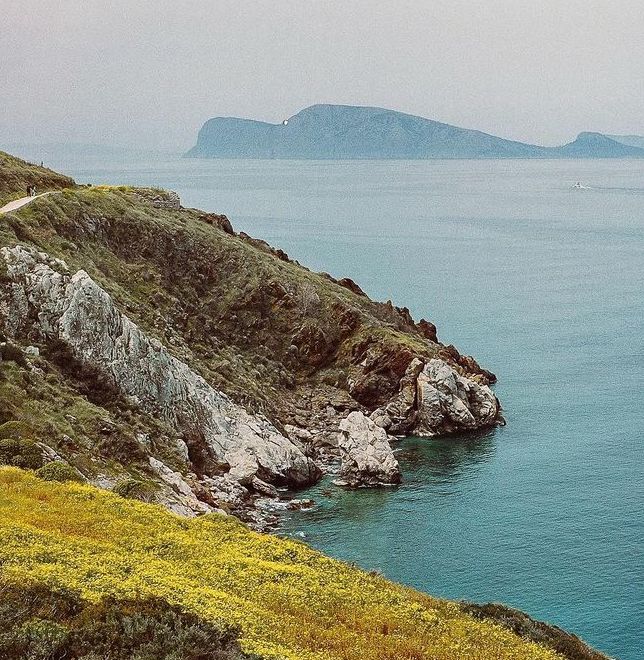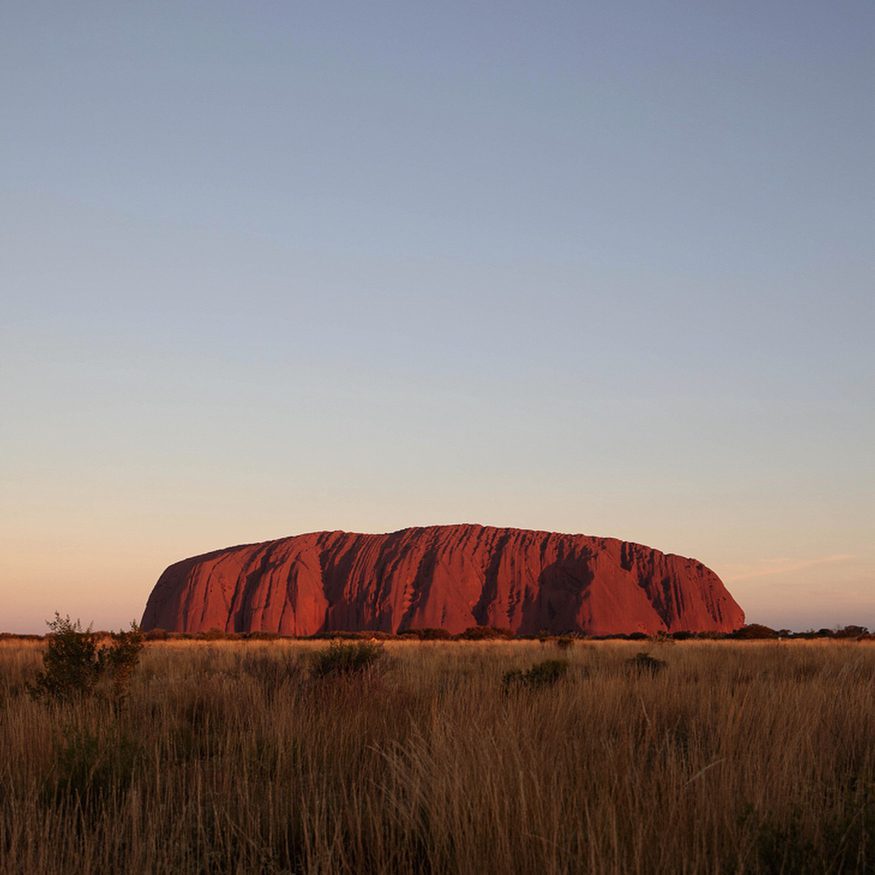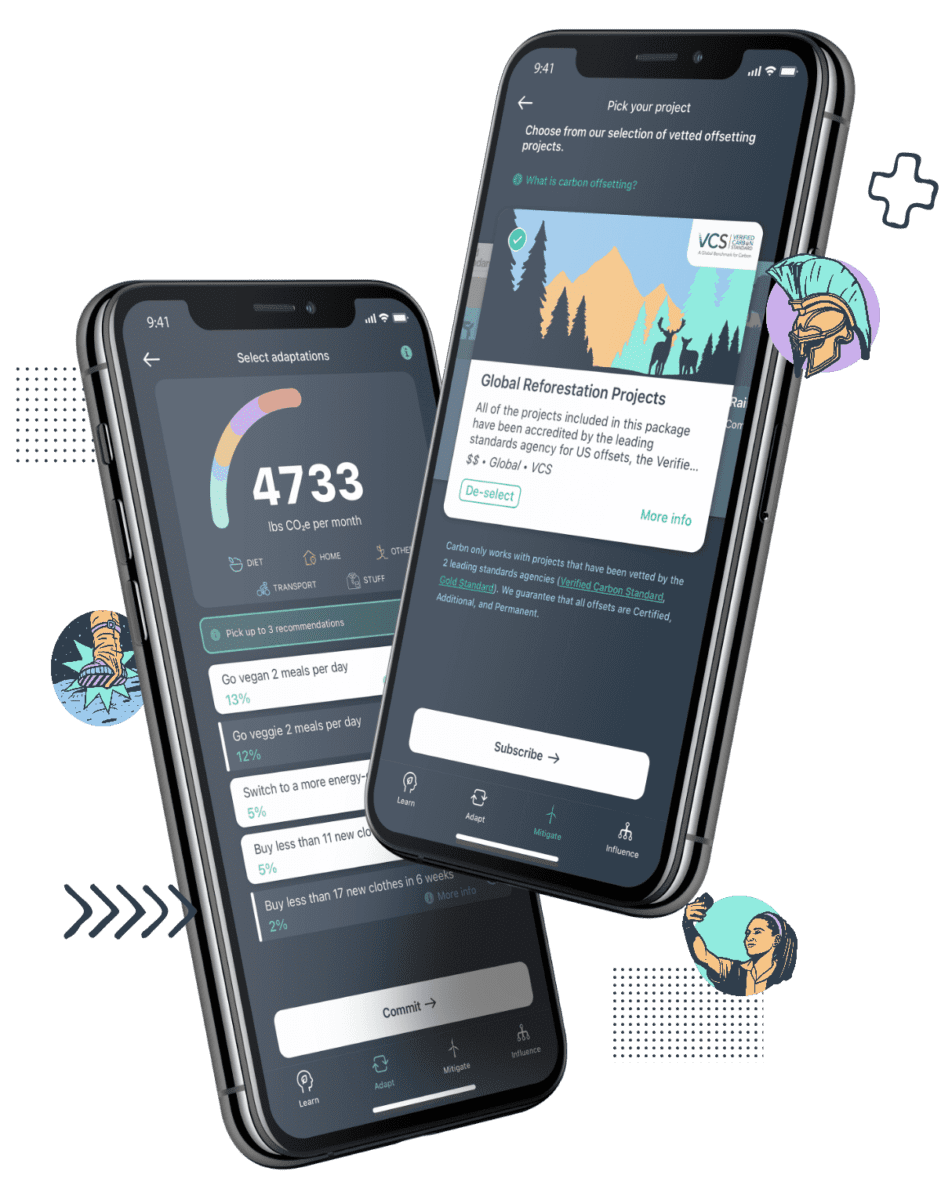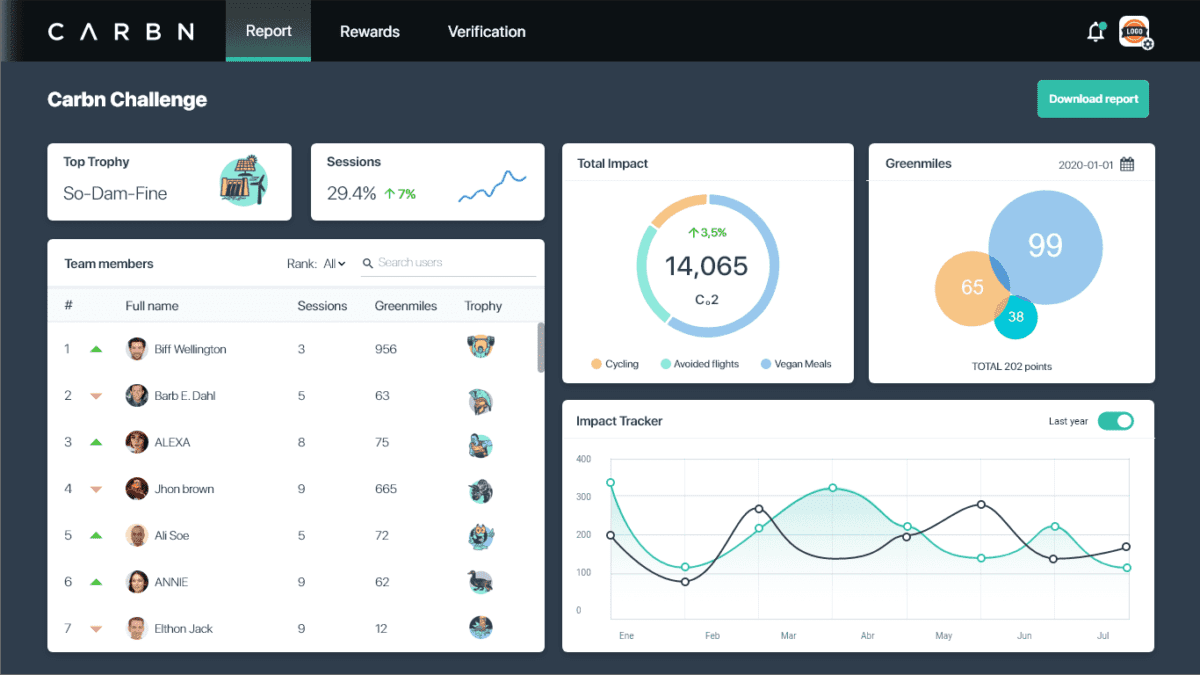We proud are to announce our new collection is Carbon Neutral. As you know sustainability is incredibly important to us here at PAOLITA, that’s why we’re working on using recycled materials in our clothing, developing responsible packaging, repurposing surplus materials and supporting sustainable small businesses.
And now, with the help of CARBN, we have estimated the remaining impact of this collection and offset this impact by funding a planet-saving project; Planting Biodiverse Forests in Panama which hits the UN’s sustainability goals. The project is certified by the prestigious Gold Standard and its impacts on communities and our planet are carefully measured and reported as contributions to achieving the Sustainable Development Goals (SDGs) defined by the United Nations (UN).

